OSS上传文件返回前端上传进度三种方式
一、采用前端定时轮询请求接口
注意:采用session存放文件上传进度数据,适合jsp或者模板引擎页面,但是如果前后的分离,请采用redis或者MQ(消息队列)方式,将进度存入仓库中,然后通过标识读取数据,完成之后请重置或者删除标识。
1.1、上传文件
@Value("${oss.endpoint}")private String endpoint;@Value("${oss.accessKeyId}")private String accessKeyId;@Value("${oss.accessKeySecret}")private String accessKeySecret;@Value("${oss.bucketName}")private String bucketName;@PostMapping("/upload")public Object doUpload(@RequestParam("file") MultipartFile file, HttpServletRequest request) {if (file == null || file.isEmpty()) {return BaseResponse.fail("上传的文件是空文件!");}String fileName = file.getOriginalFilename();FileUtils utils = new FileUtils();File files = null;try {files = File.createTempFile("tmp", null);file.transferTo(files);files.deleteOnExit();} catch (Exception e) {log.error("流转文件失败:{}",e);}String url = utils.doUpload(fileName, files, endpoint, accessKeyId, accessKeySecret, bucketName, request.getSession());Map<String, Object> map = new HashMap<>(1);map.put("url", url);map.put("fileName", fileName);return map;}
1.2、获取进度
/** * 获取进度数据 * @param request * @return */@GetMapping("/percent")public Object getUploadPercent(HttpServletRequest request){HttpSession session = request.getSession();int percent = session.getAttribute("upload_percent") == null ? 0: (Integer)session.getAttribute("upload_percent");Map<String, Object> map = new HashMap<>(1);map.put("percent", percent);return map;}/** * 重置上传进度 * @param request */@GetMapping("/percent/reset")public void resetPercent(HttpServletRequest request){HttpSession session = request.getSession();session.setAttribute("upload_percent",0);}
1.3、上传文件工具类
import com.aliyun.oss.ClientConfiguration;import com.aliyun.oss.OSSClient;import com.aliyun.oss.common.comm.Protocol;import com.aliyun.oss.model.PutObjectRequest;import lombok.extern.slf4j.Slf4j;import javax.servlet.http.HttpSession;import java.io.*;import java.net.URL;import java.util.Date;import java.util.concurrent.TimeUnit;@Slf4jpublic class FileUtils {public String doUpload(String key, File files, String endpoint, String accessKeyId, String accessKeySecret, String bucketName, HttpSession session) {String keys = "test/"+key;try {ClientConfiguration config = new ClientConfiguration();config.setProtocol(Protocol.HTTPS);OSSClient ossClient = new OSSClient(endpoint, accessKeyId, accessKeySecret, config);ossClient.putObject(new PutObjectRequest(bucketName, keys, files).withProgressListener(new PutObjectProgressListener(session)));Date expiration = new Date(System.currentTimeMillis() + EXPIRE_TIME);URL url = ossClient.generatePresignedUrl(bucketName, keys, expiration);ossClient.shutdown();return String.valueOf(url);} catch (Exception e) {log.error(e.getMessage(), e);throw new IllegalStateException("文件上传到阿里云OSS服务报错!", e);}}}
1.4、获取进度工具类
import com.aliyun.oss.event.ProgressEvent;import com.aliyun.oss.event.ProgressEventType;import com.aliyun.oss.event.ProgressListener;import lombok.extern.slf4j.Slf4j;import javax.servlet.http.HttpSession;/** * ossClient.putObject, ossClient.getObject, ossClient.uploadPart方法支持进度条功能. * ossClient.uploadFile和ossClient.downloadFile方法不支持进度条功能. * 简单上传进度条监听器 * https://help.aliyun.com/document_detail/84796.html?spm=a2c4g.11186623.6.791.40554d83cDiWSN */@Slf4jpublic class PutObjectProgressListener implements ProgressListener {private long bytesWritten = 0;private long totalBytes = -1;private HttpSession session;private boolean succeed = false;private int percent = 0;public PutObjectProgressListener(HttpSession mSession) {this.session = mSession;session.setAttribute("upload_percent", percent);}@Overridepublic void progressChanged(ProgressEvent progressEvent) {long bytes = progressEvent.getBytes();ProgressEventType eventType = progressEvent.getEventType();switch (eventType) {case TRANSFER_STARTED_EVENT:log.debug("Start to upload......");break;case REQUEST_CONTENT_LENGTH_EVENT:this.totalBytes = bytes;log.debug(this.totalBytes + " bytes in total will be uploaded to OSS");break;case REQUEST_BYTE_TRANSFER_EVENT:this.bytesWritten += bytes;if (this.totalBytes != -1) {int percent = (int)(this.bytesWritten * 100.0 / this.totalBytes);log.debug(bytes + " bytes have been written at this time, upload progress: " + percent + "%(" + this.bytesWritten + "/" + this.totalBytes + ")");session.setAttribute("upload_percent", percent);} else {log.debug(bytes + " bytes have been written at this time, upload ratio: unknown" + "(" + this.bytesWritten + "/...)");}break;case TRANSFER_COMPLETED_EVENT:this.succeed = true;log.debug("Succeed to upload, " + this.bytesWritten + " bytes have been transferred in total");break;case TRANSFER_FAILED_EVENT:log.debug("Failed to upload, " + this.bytesWritten + " bytes have been transferred");break;default:break;}}public boolean isSucceed(){return succeed;}}
二、采用stomp+websocket推送模式
2.1、依赖
<dependency><groupId>org.springframework</groupId><artifactId>spring-messaging</artifactId><version>5.2.6.RELEASE</version></dependency><dependency><groupId>org.springframework</groupId><artifactId>spring-websocket</artifactId><version>5.1.8.RELEASE</version></dependency>
2.2、客户端配置
import org.springframework.context.annotation.Configuration;import org.springframework.messaging.simp.config.MessageBrokerRegistry;import org.springframework.web.socket.config.annotation.AbstractWebSocketMessageBrokerConfigurer;import org.springframework.web.socket.config.annotation.EnableWebSocketMessageBroker;import org.springframework.web.socket.config.annotation.StompEndpointRegistry;//注解开启STOMP协议来传输基于代理的消息,此时控制器支持使用@MessageMapping@Configuration@EnableWebSocketMessageBrokerpublic class WebSocketConfig extends AbstractWebSocketMessageBrokerConfigurer {@Overridepublic void configureMessageBroker(MessageBrokerRegistry config) {//topic用来广播,user用来实现p2pconfig.enableSimpleBroker("/topic","/user");}@Overridepublic void registerStompEndpoints(StompEndpointRegistry registry) {registry.addEndpoint("/webServer").withSockJS();//注册两个STOMP的endpoint,分别用于广播和点对点registry.addEndpoint("/queueServer").withSockJS();}}
2.3、上传文件
@Value("${oss.endpoint}")private String endpoint;@Value("${oss.accessKeyId}")private String accessKeyId;@Value("${oss.accessKeySecret}")private String accessKeySecret;@Value("${oss.bucketName}")private String bucketName;@PostMapping("/upload")public Object doUpload(@RequestParam("file") MultipartFile file, HttpServletRequest request) {if (file == null || file.isEmpty()) {return BaseResponse.fail("上传的文件是空文件!");}String fileName = file.getOriginalFilename();FileUtils utils = new FileUtils();File files = null;try {files = File.createTempFile("tmp", null);file.transferTo(files);files.deleteOnExit();} catch (Exception e) {log.error("流转文件失败:{}",e);}String url = utils.doUpload(fileName, files, endpoint, accessKeyId, accessKeySecret, bucketName, request.getSession());Map<String, Object> map = new HashMap<>(1);map.put("url", url);map.put("fileName", fileName);return map;}
2.4、上传文件工具类
import com.aliyun.oss.ClientConfiguration;import com.aliyun.oss.OSSClient;import com.aliyun.oss.common.comm.Protocol;import com.aliyun.oss.model.PutObjectRequest;import lombok.extern.slf4j.Slf4j;import javax.servlet.http.HttpSession;import java.io.*;import java.net.URL;import java.util.Date;import java.util.concurrent.TimeUnit;@Slf4jpublic class FileUtils {public String doUpload(String key, File files, String endpoint, String accessKeyId, String accessKeySecret, String bucketName, HttpSession session) {String keys = "test/"+key;try {ClientConfiguration config = new ClientConfiguration();config.setProtocol(Protocol.HTTPS);OSSClient ossClient = new OSSClient(endpoint, accessKeyId, accessKeySecret, config);ossClient.putObject(new PutObjectRequest(bucketName, keys, files).withProgressListener(new PutObjectProgressListener(session)));Date expiration = new Date(System.currentTimeMillis() + EXPIRE_TIME);URL url = ossClient.generatePresignedUrl(bucketName, keys, expiration);ossClient.shutdown();return String.valueOf(url);} catch (Exception e) {log.error(e.getMessage(), e);throw new IllegalStateException("文件上传到阿里云OSS服务报错!", e);}}}
2.5、推送方式
import com.aliyun.oss.event.ProgressEvent;import com.aliyun.oss.event.ProgressEventType;import com.aliyun.oss.event.ProgressListener;import lombok.extern.slf4j.Slf4j;import org.springframework.beans.factory.annotation.Autowired;import org.springframework.messaging.simp.SimpMessagingTemplate;import org.springframework.stereotype.Service;import javax.servlet.http.HttpSession;/** * ossClient.putObject, ossClient.getObject, ossClient.uploadPart方法支持进度条功能. * ossClient.uploadFile和ossClient.downloadFile方法不支持进度条功能. * 简单上传进度条监听器 * https://help.aliyun.com/document_detail/84796.html?spm=a2c4g.11186623.6.791.40554d83cDiWSN */@Slf4j@Servicepublic class PutObjectProgressListener implements ProgressListener {@Autowiredpublic SimpMessagingTemplate simpMessagingTemplate;private long bytesWritten = 0;private long totalBytes = -1;private HttpSession session;private boolean succeed = false;private int percent = 0;public PutObjectProgressListener(HttpSession mSession) {this.session = mSession;}@Overridepublic void progressChanged(ProgressEvent progressEvent) {long bytes = progressEvent.getBytes();ProgressEventType eventType = progressEvent.getEventType();switch (eventType) {case TRANSFER_STARTED_EVENT:log.debug("Start to upload......");break;case REQUEST_CONTENT_LENGTH_EVENT:this.totalBytes = bytes;log.debug(this.totalBytes + " bytes in total will be uploaded to OSS");break;case REQUEST_BYTE_TRANSFER_EVENT:this.bytesWritten += bytes;if (this.totalBytes != -1) {int percent = (int)(this.bytesWritten * 100.0 / this.totalBytes);log.debug(bytes + " bytes have been written at this time, upload progress: " + percent + "%(" + this.bytesWritten + "/" + this.totalBytes + ")");// 通过websocket 推送Map<String, Object> map = new HashMap<>(1);map.put("percent", percent);simpMessagingTemplate.convertAndSend("/topic/percent", map);} else {log.debug(bytes + " bytes have been written at this time, upload ratio: unknown" + "(" + this.bytesWritten + "/...)");}break;case TRANSFER_COMPLETED_EVENT:this.succeed = true;log.debug("Succeed to upload, " + this.bytesWritten + " bytes have been transferred in total");break;case TRANSFER_FAILED_EVENT:log.debug("Failed to upload, " + this.bytesWritten + " bytes have been transferred");break;default:break;}}public boolean isSucceed(){return succeed;}}
三、采用Servlet3.1长轮询模式
3.1、长轮询获取进度
/** * guava中的Multimap,多值map,对map的增强,一个key可以保持多个value */private Multimap<String, DeferredResult<Object>> watchRequests = Multimaps.synchronizedSetMultimap(HashMultimap.create());/** * 前端长轮询 当接口返回304 一直请求 直到返回结果 */@RequestMapping(value = "/watch", method = RequestMethod.GET, produces = "text/html")public DeferredResult<Object> watch(HttpServletRequest request) {log.info("Request received");ResponseEntity<Object> NOT_MODIFIED_RESPONSE = new ResponseEntity<>(HttpStatus.NOT_MODIFIED);DeferredResult<Object> deferredResult = new DeferredResult<>(5000L, NOT_MODIFIED_RESPONSE);/** * 当deferredResult完成时(不论是超时还是异常还是正常完成),移除watchRequests中相应的watch key */deferredResult.onCompletion(() -> {log.info("remove key:" + request.getSession().getId());watchRequests.remove(request.getSession().getId(), deferredResult);});deferredResult.onTimeout(()-> log.info("onTimeout()" ));watchRequests.put(request.getSession().getId(), deferredResult);log.info("Servlet thread released");return deferredResult;}/** * 发布数据 请求接口方式 反射调用方式 * @param sessionId * @return */@RequestMapping(value = "/publish", method = RequestMethod.GET, produces = "text/html")public Object publish(@RequestParam("sessionId") String sessionId, @RequestParam("percent") Integer percent) {if (watchRequests.containsKey(sessionId)) {Collection<DeferredResult<Object>> deferredResults = watchRequests.get(sessionId);//通知所有watch这个sessionId变更的长轮训配置变更结果for (DeferredResult<Object> deferredResult : deferredResults) {//deferredResult一旦执行了setResult()方法,就说明DeferredResult正常完成了,会立即把结果返回给客户端Map<String, Object> map = new HashMap<>(2);map.put("sessionId", sessionId);map.put("percent", percent);deferredResult.setResult(map);}}Map<String, Object> map = new HashMap<>(2);map.put("code", "success");return map;}
3.2、发布数据
import com.aliyun.oss.event.ProgressEvent;import com.aliyun.oss.event.ProgressEventType;import com.aliyun.oss.event.ProgressListener;import lombok.extern.slf4j.Slf4j;import org.springframework.beans.factory.annotation.Autowired;import org.springframework.context.ApplicationContext;import org.springframework.stereotype.Component;import javax.servlet.http.HttpSession;import java.lang.reflect.Method;/** * ossClient.putObject, ossClient.getObject, ossClient.uploadPart方法支持进度条功能. * ossClient.uploadFile和ossClient.downloadFile方法不支持进度条功能. * 简单上传进度条监听器 * https://help.aliyun.com/document_detail/84796.html?spm=a2c4g.11186623.6.791.40554d83cDiWSN */@Slf4j@Componentpublic class PutObjectProgressListener implements ProgressListener {@Autowiredprivate ApplicationContext applicationContext;private long bytesWritten = 0;private long totalBytes = -1;private HttpSession session;private boolean succeed = false;private int percent = 0;public PutObjectProgressListener(HttpSession mSession) {this.session = mSession;}@Overridepublic void progressChanged(ProgressEvent progressEvent) {long bytes = progressEvent.getBytes();ProgressEventType eventType = progressEvent.getEventType();switch (eventType) {case TRANSFER_STARTED_EVENT:log.debug("Start to upload......");break;case REQUEST_CONTENT_LENGTH_EVENT:this.totalBytes = bytes;log.debug(this.totalBytes + " bytes in total will be uploaded to OSS");break;case REQUEST_BYTE_TRANSFER_EVENT:this.bytesWritten += bytes;if (this.totalBytes != -1) {int percent = (int)(this.bytesWritten * 100.0 / this.totalBytes);log.debug(bytes + " bytes have been written at this time, upload progress: " + percent + "%(" + this.bytesWritten + "/" + this.totalBytes + ")");publish(session.getId(), percent);} else {log.debug(bytes + " bytes have been written at this time, upload ratio: unknown" + "(" + this.bytesWritten + "/...)");}break;case TRANSFER_COMPLETED_EVENT:this.succeed = true;log.debug("Succeed to upload, " + this.bytesWritten + " bytes have been transferred in total");break;case TRANSFER_FAILED_EVENT:log.debug("Failed to upload, " + this.bytesWritten + " bytes have been transferred");break;default:break;}}public boolean isSucceed(){return succeed;}/** * 通过反射调用接口 */private void publish(String sessionId, Integer percent) {Class<?> clazz = ReflectUtil.forName("cn.com.*.controller.upload.FileUploadController");Object bean = applicationContext.getBean(clazz);Method method = ReflectUtil.findMethod(clazz, "publish", String.class, Integer.class);ReflectUtil.invokeMethod(method, bean, sessionId, percent);}}
3.3、上传文件
@Value("${oss.endpoint}")private String endpoint;@Value("${oss.accessKeyId}")private String accessKeyId;@Value("${oss.accessKeySecret}")private String accessKeySecret;@Value("${oss.bucketName}")private String bucketName;@PostMapping("/upload")public Object doUpload(@RequestParam("file") MultipartFile file, HttpServletRequest request) {if (file == null || file.isEmpty()) {return BaseResponse.fail("上传的文件是空文件!");}String fileName = file.getOriginalFilename();FileUtils utils = new FileUtils();File files = null;try {files = File.createTempFile("tmp", null);file.transferTo(files);files.deleteOnExit();} catch (Exception e) {log.error("流转文件失败:{}",e);}String url = utils.doUpload(fileName, files, endpoint, accessKeyId, accessKeySecret, bucketName, request.getSession());Map<String, Object> map = new HashMap<>(1);map.put("url", url);map.put("fileName", fileName);return map;}
3.4、上传文件工具类
import com.aliyun.oss.ClientConfiguration;import com.aliyun.oss.OSSClient;import com.aliyun.oss.common.comm.Protocol;import com.aliyun.oss.model.PutObjectRequest;import lombok.extern.slf4j.Slf4j;import javax.servlet.http.HttpSession;import java.io.*;import java.net.URL;import java.util.Date;import java.util.concurrent.TimeUnit;@Slf4jpublic class FileUtils {public String doUpload(String key, File files, String endpoint, String accessKeyId, String accessKeySecret, String bucketName, HttpSession session) {String keys = "test/"+key;try {ClientConfiguration config = new ClientConfiguration();config.setProtocol(Protocol.HTTPS);OSSClient ossClient = new OSSClient(endpoint, accessKeyId, accessKeySecret, config);ossClient.putObject(new PutObjectRequest(bucketName, keys, files).withProgressListener(new PutObjectProgressListener(session)));Date expiration = new Date(System.currentTimeMillis() + EXPIRE_TIME);URL url = ossClient.generatePresignedUrl(bucketName, keys, expiration);ossClient.shutdown();return String.valueOf(url);} catch (Exception e) {log.error(e.getMessage(), e);throw new IllegalStateException("文件上传到阿里云OSS服务报错!", e);}}}
3.5、反射工具
import org.springframework.context.ApplicationContext;import java.beans.PropertyDescriptor;import java.lang.reflect.Method;/** * 反射调用工具类 */public final class ReflectUtil {/** * 调用Spring容器中bean的方法 * * @param applicationContext 容器对象 * @param methodDescriptor 方法描述符,类的全限定名#方法名称 * @param parameterTypes 方法参数类型列表 * @param params 方法参数列表 * @param <T> 返回的数据类型 * @return 调用结果 */public static <T> T invoke(ApplicationContext applicationContext, String methodDescriptor,Class<?>[] parameterTypes, Object... params) {String[] array = methodDescriptor.split("#");Class<?> beanClass = forName(array[0]);Object bean = applicationContext.getBean(beanClass);Method method = findMethod(beanClass, array[1], parameterTypes);return invokeMethod(method, bean, params);}/** * 寻找类中的方法 * * @param targetClass 需要查找的类型 * @param methodName 方法名称 * @param parameterTypes 参数类型列表,必须严格一致 * @return 类中的方法 */public static Method findMethod(Class<?> targetClass, String methodName, Class<?>... parameterTypes) {try {Method method = targetClass.getMethod(methodName, parameterTypes);method.setAccessible(true);return method;} catch (Exception e) {throw new IllegalArgumentException(e);}}/** * 反射调用方法 * * @param method 方法 * @param target 需要调用的对象 * @param parameters 方法参数 * @param <T> 返回的结果类型 * @return 调用结果 */@SuppressWarnings("unchecked")public static <T> T invokeMethod(Method method, Object target, Object... parameters) {try {return (T) method.invoke(target, parameters);} catch (Exception e) {throw new IllegalArgumentException(e);}}/** * 根据类的全限定名获取对应的class对象 * * @param className 类全限定名 * @param <T> 返回的class对象类型 * @return class对象 */@SuppressWarnings("unchecked")public static <T> Class<T> forName(String className) {try {return (Class<T>) Class.forName(className);} catch (ClassNotFoundException e) {throw new IllegalArgumentException(e);}}/** * 调用javaBean的get方法 * * @param target javaBean实体 * @param prop 属性名称 * @param classOfT 该属性对应的类型 * @param <T> 该属性对应的类型 * @return 调用结果 */@SuppressWarnings("unchecked")public static <T> T invokeGetter(Object target, String prop, Class<T> classOfT) {try {PropertyDescriptor pd = new PropertyDescriptor(prop, target.getClass());Object value = pd.getReadMethod().invoke(target);if (value == null) {return null;}if (classOfT.isInstance(value)) {return (T) value;} else {throw new IllegalArgumentException("属性: " + prop + " 的类型不是: " + classOfT);}} catch (Exception e) {throw new IllegalArgumentException(e);}}private ReflectUtil() {}}


























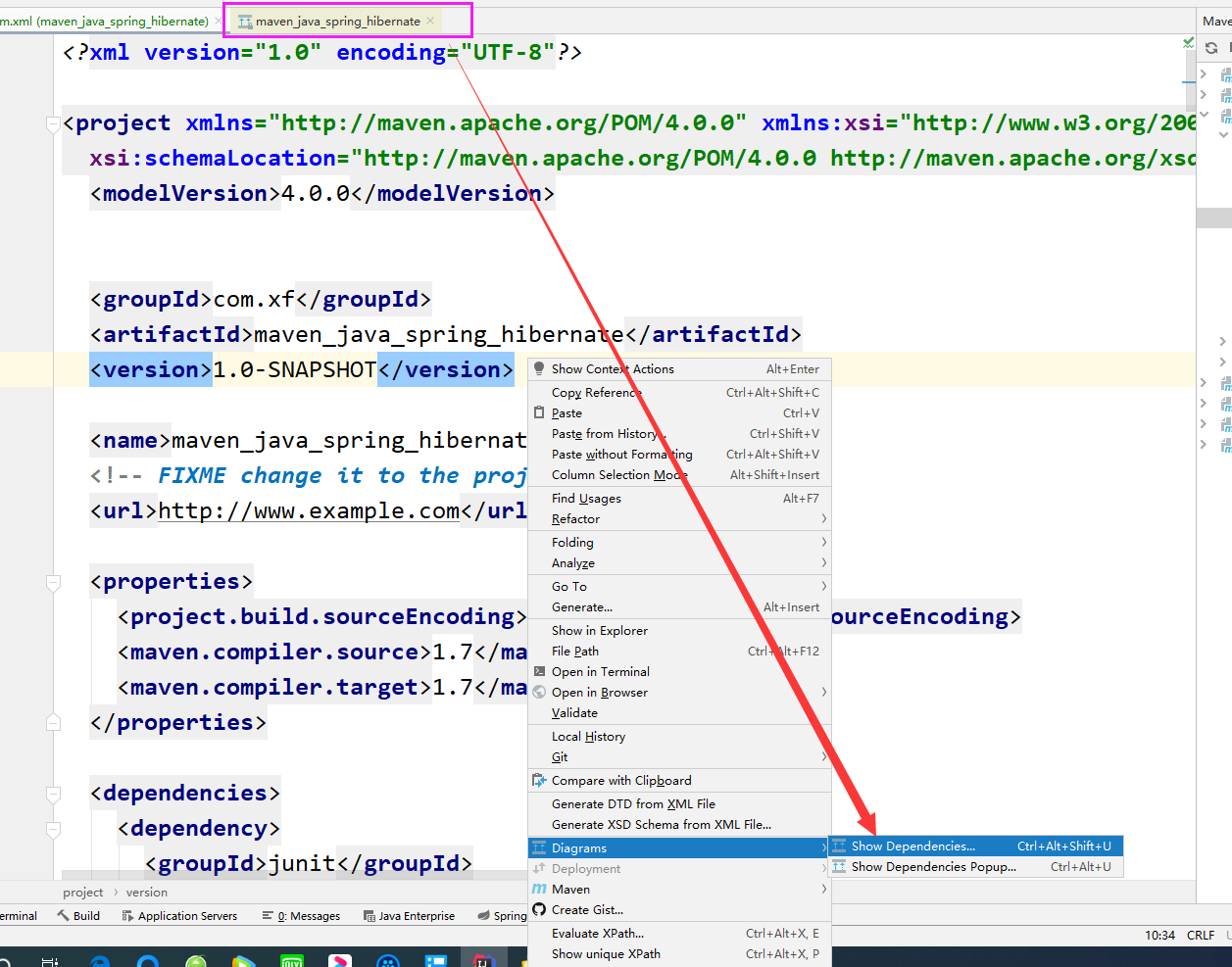
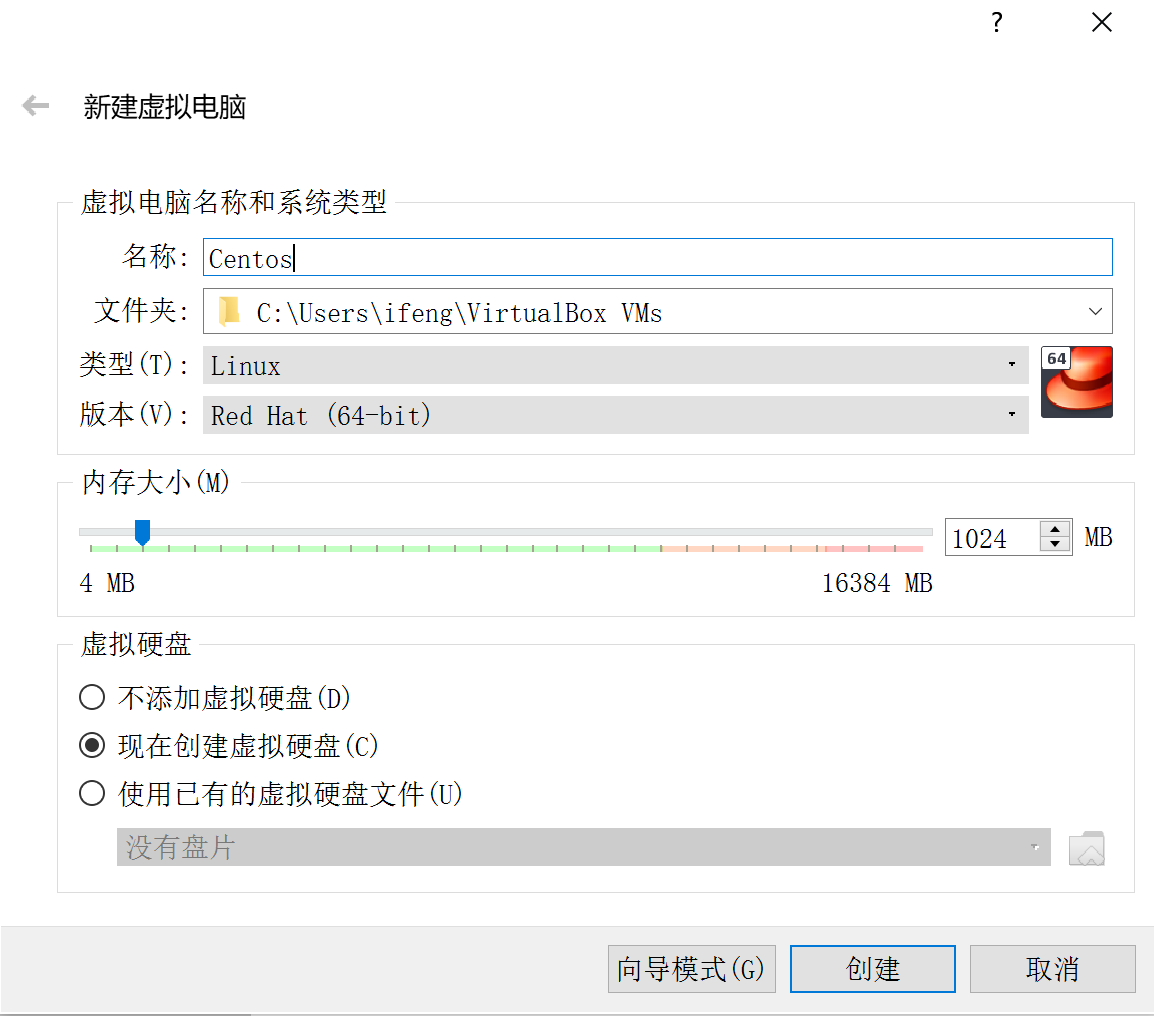
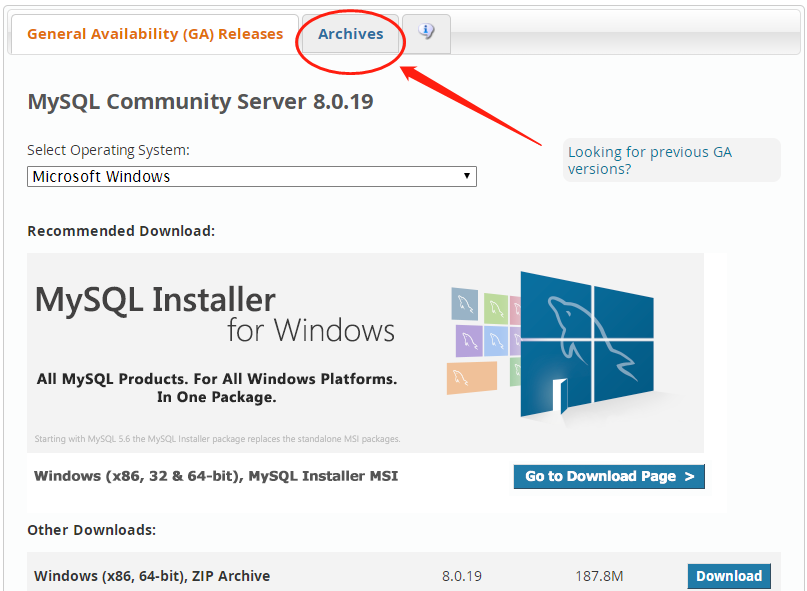
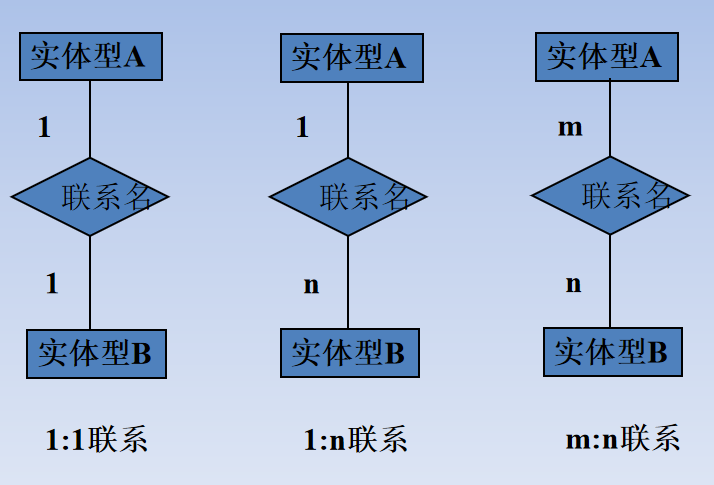

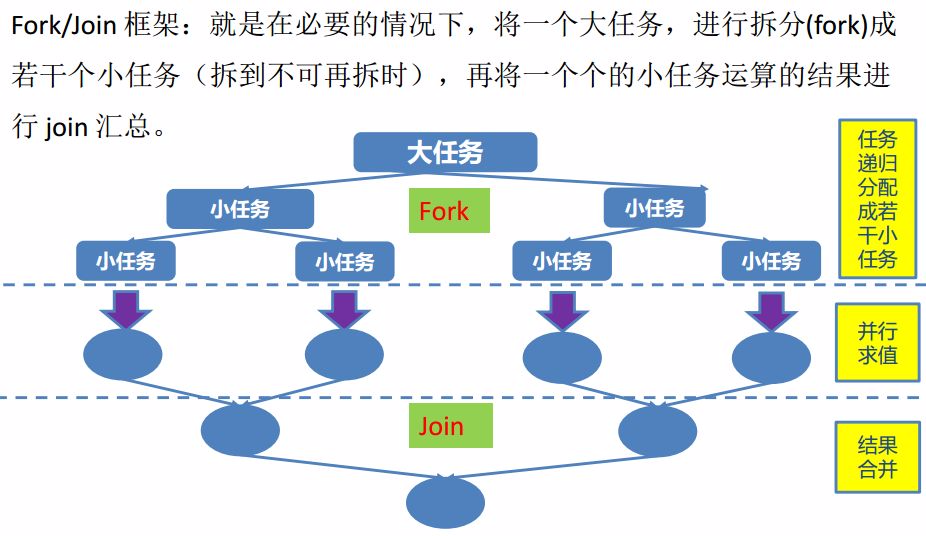



还没有评论,来说两句吧...